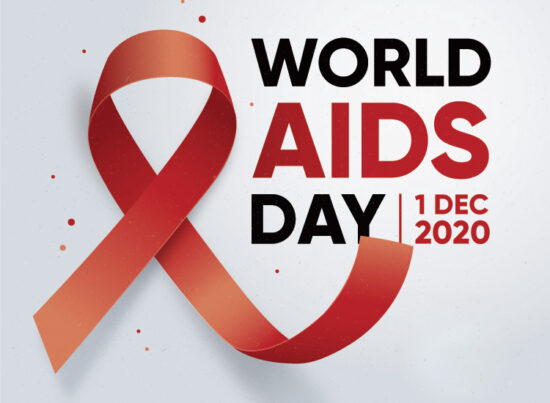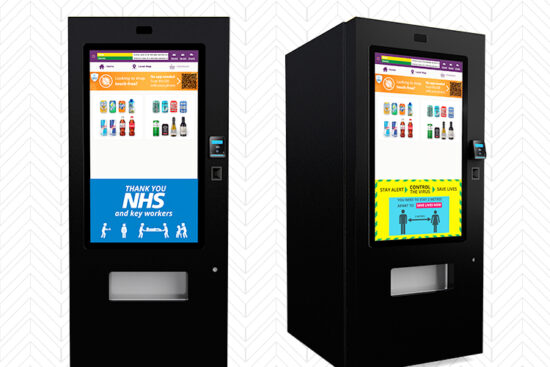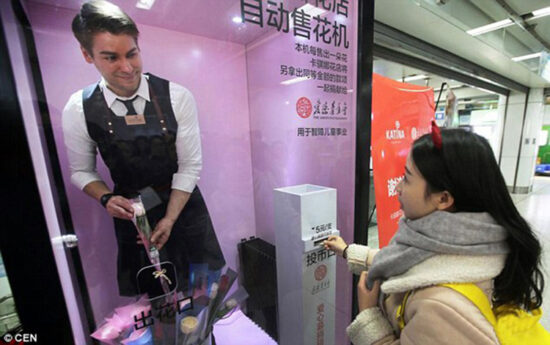
23rd March 2020 by Jason Vincent
How will COVID-19 affect and shape the Vending / Automated Retail industry going forward?
We’re in the midst of a global crisis with governments around the world taking unprecedented measures to save lives in the short term – but also to save businesses in the long term. A colleague put it quite succinctly:
[…] the UK government, unbelievably, has done what it truly needed to do”
With Aeguana being one of the seemingly few manufacturers both manufacturing and assembling in the UK (truly “made in Britain”), the impact of factory closures and supply chains grinding to a halt in China throughout February didn’t concern us much – little did we foresee that this would expand beyond China and have global consequences.
We’ve always believed in creating local jobs, investing in technology to achieve efficiencies (and associated savings), and reducing our carbon footprint in the process. It felt like the right thing to do. Now we’ve been faced with the largest challenge of this generation and we’ve stepped in to do the right thing – protecting the jobs of our incredible team at all costs, and working together to weather the storm.
We’ve spent the past couple of weeks speaking to countless suppliers, clients and friends about the impact on their lives, and often the impact on their businesses. Through these conversations a few points have emerged that we feel will shape the Vending and Automated Retail industries from this point forward.
1. Cashless is king
I drove past a Starbucks a week ago and was sternly informed that they were only taking Card payments. I had the same experience at a gas station. Followed by a supermarket. The heightened awareness of the need for hygiene and “no contact” during this criss has helped cashless payments leapfrog cash overnight. This is a trend we believe will persist, in a post-Covid-19 world, and frankly, we wouldn’t be surprised if card companies pulled together to raise the cashless limit in the short term.
2. Automation will increase
Social distancing measures have been in place for weeks in Italy, and it was only yesterday that they announced a ban on the use of vending machines too. Automated retail is likely to increase to cope with these types of crisis – they enable customers to purchase products 24/7 whilst limiting exposure for staff working within stores, and enabling them to cut back on staffing requirements at the same time. At the same time it limits products from human contact and exposure whilst sitting on shelves.
There are obviously challenges that remain – needing to touch a screen for instance, and subsequently a ‘flap’ or delivery chute to collect the goods purchased. However, these are all challenges that can be (and have been) overcome. I discuss some of these later on.
3. Anti Bacterial Displays will become the norm
We constantly hear about health advice to clean phone screens – but what about public POS displays and screens which can be used by thousands of customers each day? We’ve been pushing the use of anti-bacterial displays for several years, and now more than ever this feels like it may become a standard moving forward. This doesn’t, of course, eliminate the need to clean these regularly and have a maintenance procedure to do so. However, it does drastically reduce the interim risk between cleaning.
4. Touch-less interactions will become increasingly more common
Similar to some of the projects we’ve run internationally, including in the Middle East, there isn’t really a need to have a display at all – at least not for it to be the central point of control for each machine. From a hygiene perspective, this means the risk can be further reduced. Customers could, for instance, make their product selections on a branded application (eg: a Marks & Spencer Automated Retail app), make payment through the app, and the machines would simply dispense the selected goods seamlessly.
5. Alternative dispense systems will increase
Alternative dispensing methods, such as automated chutes that open ready for products to be collected, or even ‘bulk’ and ‘eco’ dispense, relying on customers refilling existing containers without any contact with the dispensing surfaces are likely to increase.
This is a sad time for everyone, and all businesses, and our thoughts are with those affected by the virus and their families at this time. This virus will transform the fabric of society, and hopefully within that transformation is a glimmer of hope for a brighter future. A future where everyone is more conscious of their actions and behaviours, and more grateful for the world we live in and the opportunities we have.
Looking at the vending industry in particular, this will be profoundly felt by everyone – operators working in travel, retail and hospitality are likely to see revenues drop to 0 overnight, and this will likely take a while to recover, even once the crisis is over.
Our approach at Aeguana has been to focus on innovation during this time. To improve our technology, platforms and processes to be the best they can be. And to support our staff, clients and suppliers as best as we can, so that we can all come out of this together.
We wish everyone well during these troubling times, and we’re here to help where we can.
In the meantime, check out another article we came across talking about how COVID-19 will change the face of retail: https://www.colourgraphics.com/blog/how-will-covid-19-change-retail/




